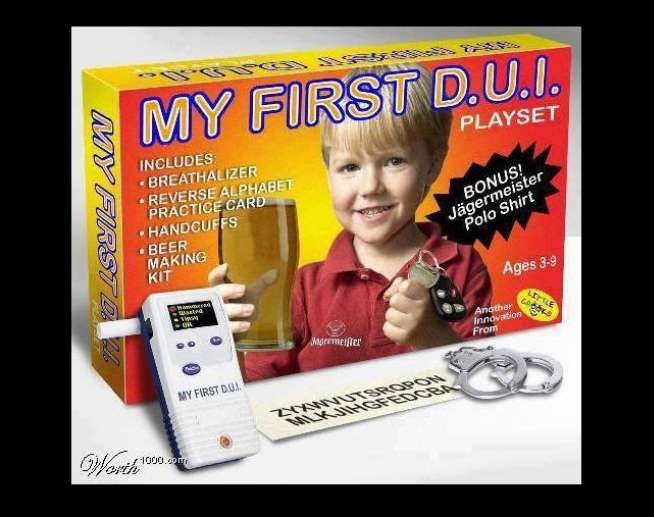In mid-August 2024, a seemingly innocent toy sparked outrage across social media platforms. An image circulating online claimed to showcase a Fisher-Price product called the "My First Dealer Kit." This so-called kit purportedly included items like a gray hoodie, a toy firearm, cash, and even representations of marijuana. As the image spread, many users were left questioning the truth behind this bizarre product.
The immediate response from the public was one of disbelief. How could a reputable company like Fisher-Price produce such a controversial toy? The reaction was fueled by the image's resemblance to actual Fisher-Price branding, despite clear signs of digital manipulation. As a result, the claim went viral, prompting fact-checkers to step in.
Upon investigation, it was revealed that the image was likely generated using artificial intelligence software. Multiple spelling errors, such as "Fisher Picce" instead of "Price," raised red flags about its authenticity. Additionally, the inconsistent branding further suggested that it was a product of AI rather than a legitimate toy. The claim was ultimately rated as "Fake" by Snopes, highlighting the importance of verifying information before sharing it online.
Understanding the Impact of Misinformation
In today's digital age, the rapid spread of misinformation can lead to widespread panic and misunderstanding. The Fisher-Price incident serves as a prime example of how easily false information can gain traction, particularly when it involves trusted brands and sensitive topics. Users should exercise caution and critical thinking before reacting to sensational claims.
Moreover, the incident highlights the necessity for platforms to implement stronger measures against the dissemination of misleading content. Social media companies have a responsibility to ensure that users are not misled by fake news. This incident also sheds light on the role of AI in creating realistic yet fictitious products, raising ethical questions about the use of such technology.
Conclusion: The Need for Vigilance in the Information Age
The controversy surrounding the "My First Dealer Kit" serves as a stark reminder of the importance of fact-checking and critical engagement with online content. As consumers, we must remain vigilant and discerning when confronted with surprising claims. Always take the extra step to verify before sharing or reacting to potentially misleading information.
Ultimately, educating ourselves about misinformation and how to identify it is crucial in navigating today's complex digital landscape. By fostering a culture of skepticism and research, we can mitigate the impact of false information and its consequences on society.
What You Will Learn
- The significance of verifying information before sharing online.
- How artificial intelligence can generate misleading content.
- The responsibilities of social media platforms in combating misinformation.
- The broader implications of misinformation on public perception and trust.
Fact-Checking The Controversial Netanyahu Quote: Truth Or Fiction?
Trump's 2020 Election Votes: A Fact-Check Analysis
Fact-Checking The Nebraska Walz's For Trump Photo: Truth Revealed


